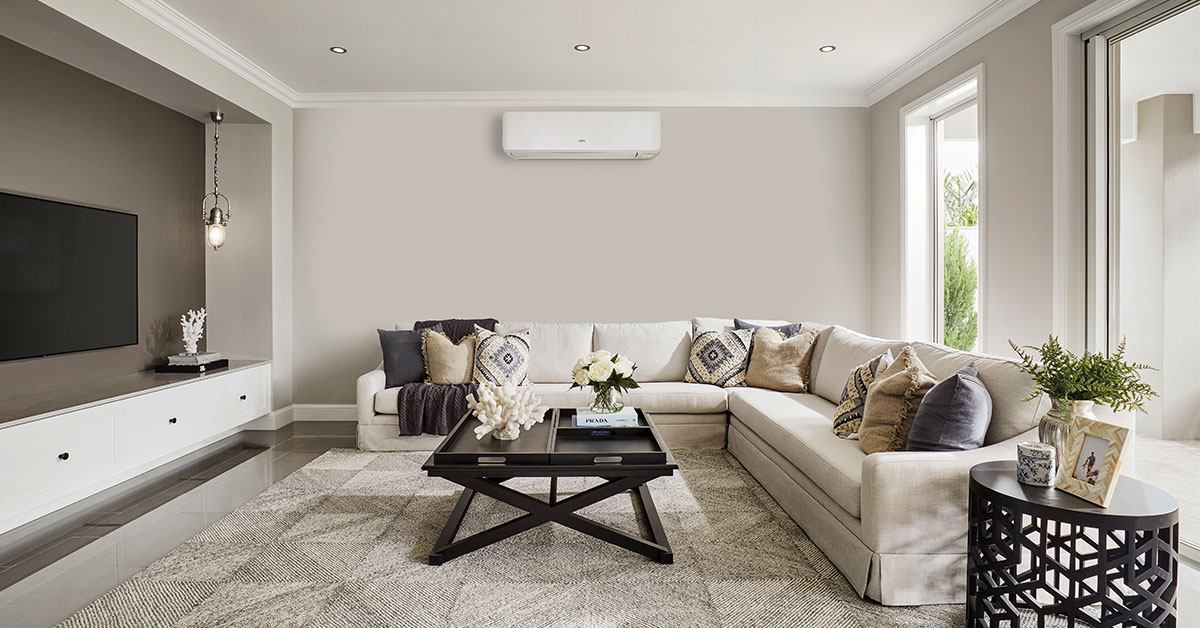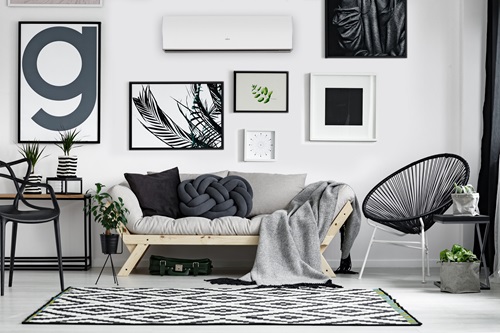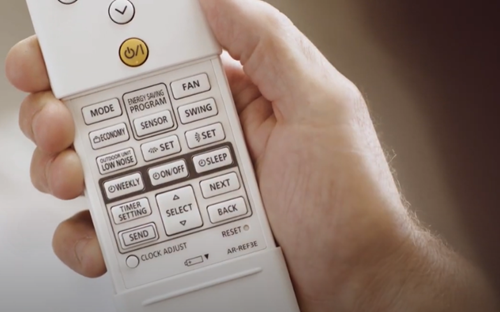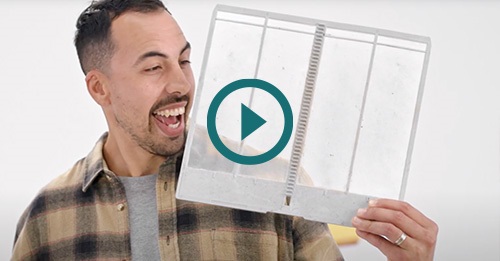How Long Do Heat Pumps Last & When to Upgrade

Heat pumps and air conditioners are the lifeline in most New Zealand households — cooling and drying us during steamy summers and keeping us warm and cozy when winter arrives. But just like any workhorse appliance, they don't have an eternal life.
Heat pumps / air conditioners also need to be cared for and maintained regularly. Depending on how much use, they may have parts that need to be repaired or replaced at some point.
Understanding the average heat pump lifespan and when it might be time to replace, can help keep you comfortable, stay energy-efficient and avoid surprise breakdowns.
Here is how you can determine at which point your system is in its lifecycle and if it is time for a heat pump upgrade.
What is the Average Heat Pump Lifespan?
Many air conditioners and heat pumps typically last 10 to 15 years, depending on usage, the local climate, workload, servicing, and maintenance. High-quality systems, particularly if serviced regularly, can operate for more than 15 years, although their efficiency tends to decrease over time.
If you are wondering how long do air conditioners last, there are several factors that can help you estimate the lifespan of your unit.
Age – Most units begin losing their efficiency after ten years. If your unit is more than a decade old, it may be nearing the end of its most efficient years.
Performance – Is it still heating or cooling your home effectively?
Energy usage – Have you noticed escalated bills with little to no alteration in use?
Noise and reliability – Is it running quietly and consistently, or requiring frequent repairs?
Knowing your system’s age and performance status can help you make an informed decision about whether to repair it or if it’s time for a heat pump replacement.
Want to discover more effective solutions for your home? Look at our selection of residential heat pumps / air conditioners specifically suited to New Zealand conditions.
Is My Heat Pump / Air Conditioner due for Service or Repair?
If your heat pump / air conditioner is displaying any of these symptoms, it may be time for a professional heat pump service by a qualified heat pump / air conditioning technician:
Warm air instead of cool air: If your heat pump / air conditioner is blowing warm air while in cooling mode, it could be a sign of low refrigerant levels, clogged filters or a failing compressor.
Strange noises: Unusual noises such as hissing, banging or rattling could indicate a problem with the motor, fan or ductwork.
Poor airflow: If the airflow from your heat pump / air conditioner vents is weak, it may be due to dirty air filters or a clogged air duct. A routine maintenance could be all that is necessary before any damage is done.
Uneven cooling: If you have a whole home ducted system and some rooms are cool and others are warm, it could be a sign of ductwork issues or leaking refrigerant.
Increased energy bills: A poorly maintained heat pump / air conditioner may consume more energy, resulting in higher energy bills. If you’ve noticed an unusual spike that isn’t related to current climate conditions, it might be worth having a technician take a look.
Bad odours: Foul odours coming from your heat pump / air conditioning unit could indicate the presence of mould or bacteria, which could be harmful to your health.
Poor indoor air quality: Sneezing, itching or watery eyes are all symptoms of poor air quality in your home, which could be caused by filters that need to be cleaned or replaced.
Leaks: Puddles on the floor or wet streak marks running down the walls can indicate your heat pump / air conditioner has a leak which can be caused by a clogged drain line, blocked filters or a damaged pipe or coil.
Should I Repair or Replace My Heat Pump / Air Conditioner?
If your air conditioner or heat pump is not operating as effectively as it used to, the decision to repair or replace it usually comes down to three key factors: the cost of repair, the system’s performance and its age. If your unit is less than a decade old, has been properly serviced and the issue is minor, then it will likely need a service or repair. Alternatively, if the system is nearing the end of its typical lifespan, requires frequent maintenance or uses more energy without keeping your home comfortable, it may be better to replace it. A newer system may generally run quietly, control temperatures better, and often use less energy. Many modern systems also have Wi-Fi control options. If you are unsure, a qualified technician will be able to inspect your current setup and advise on the best course of action.
Do I Need to Start Looking for a Heat Pump Replacement?
When to replace a heat pump or an air conditioner depends on a number of factors. Ideally, this would be ahead of the summer or winter peak seasons. If your current unit is not operating as it should be, it’s best to have it checked by a qualified technician to determine whether it's more cost-effective to repair or replace your heat pump.
These are the most common signs that it's time to replace:
Age: Varies on use, a typical lifespan of a heat pump / air conditioning unit is 10 to 15 years. If your unit is approaching this time, then maybe it is a good idea to speak to a heat pump specialist to determine if a replacement is required.
Frequent repairs: If you are in constant need of repairing your air conditioner, maybe it will be less expensive in the long run to replace it.
Inefficiency: Higher energy-using heat pumps / air conditioners that fail to provide efficient cooling in return can be an incentive to look for more efficient models.
Uncomfortable temperatures: If your heat pump / air conditioner is not able to deliver comfortable temperatures within your home, then it should be checked out by a heat pump / air conditioning technician for the cause. The installed unit may also have been inadequate in size for the room, so it may be more cost effective to replace your current unit with a more energy efficient unit.
What Should I Consider When Choosing a Replacement?
When the time comes for an AC replacement, the positive news is that there are many new solutions for homes of all sizes. Depending on what you require, you might want to think about:
A single room heat pump for individual comfort in one room like a bedroom, lounge or home office.
A whole home air conditioner (multi-room or ducted system) to warm or cool multiple rooms effectively with their own zone control.
Each system has its benefits, and a trained Fujitsu General professional can help identify your home, lifestyle and energy needs in order to recommend the most appropriate choice.
Is My Heat Pump / Air Conditioner Due for an Upgrade?
There are many reasons to upgrade your heat pump / air conditioning unit. Here are a few to consider:
Improved energy efficiency: Upgrading to a newer, more energy-efficient heat pump / air conditioning unit can help reduce your energy bills and have a positive impact on the environment.
Better indoor air quality: Upgraded heat pumps / air conditioners often have advanced air filtration systems that can improve the quality of the air in your home.
Increased comfort: A newer heat pump / air conditioner can help draw more evenly controlled temperatures into your home, generating increased comfort. Similarly, if your home was originally built for a family but your children have moved out and fewer rooms are occupied, a change in unit or zone configuration may markedly increase effectiveness and efficiency.
Advanced technology: The latest heat pumps feature a range of clever innovations including programmable thermostats, motion sensors and optional smart home integration. With Fujitsu General's anywAiR® technology, you're able to manage your air conditioner remotely via an app, so you can manage the climate in your home no matter where you are.
Home value: Efficiency improvement of a home's heat pump / air conditioning system can increase the value of your home, making it a desirable aspect for possible buyers or tenants.
Overall home improvements: Many homeowners take the opportunity while renovating to upgrade their heat pumps / air conditioners with newer models that offer enhanced performance and improved energy efficiency.
Whether you are considering an upgrade or simply servicing your heat pump / air conditioner, it’s worth acting early, before peak season arrives and demand surges. Routine maintenance goes a long way to extend your system’s lifespan and maintain its performance. For more guidance on your heat pump lifespan, see our tips on maintaining your heat pump.
Get Assistance with Fujitsu
Choosing the appropriate heat pump / air conditioner can be overwhelming — but you don't have to do it without assistance. At Fujitsu General, we've been helping Kiwis keep their homes warm and comfortable for over 25 years, with solutions that are specifically tailored to New Zealand’s conditions.
Check out the Fujitsu Assist Product Selector Tool, to identify which system may be best for your home whether it's for a single room, multi-room or a whole-home ducted system. Call Fujitsu General Assist on 04 568 8761 for customised advice and technical support. We can help with your queries, provide product guidance and recommend an approved installer in your area.




